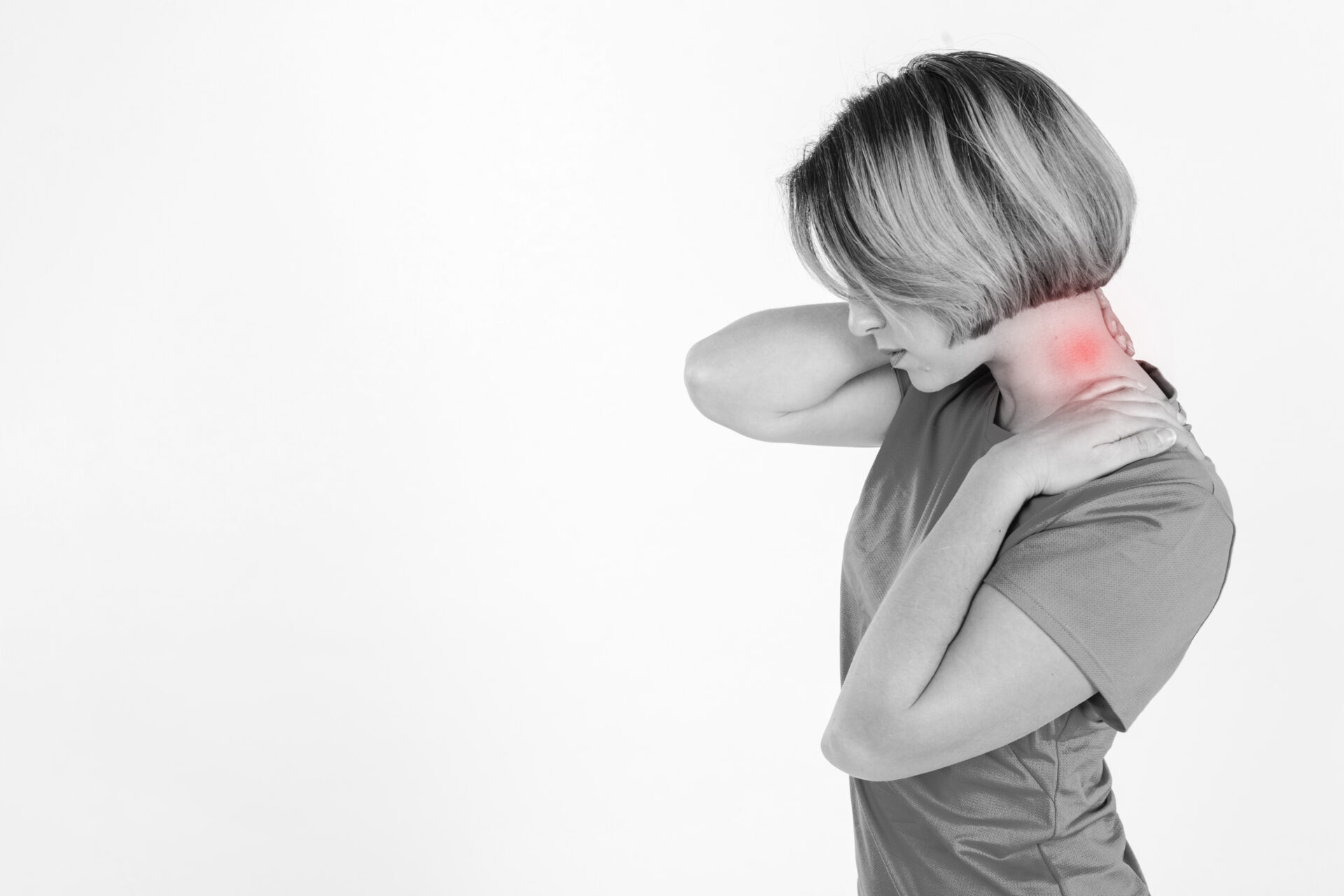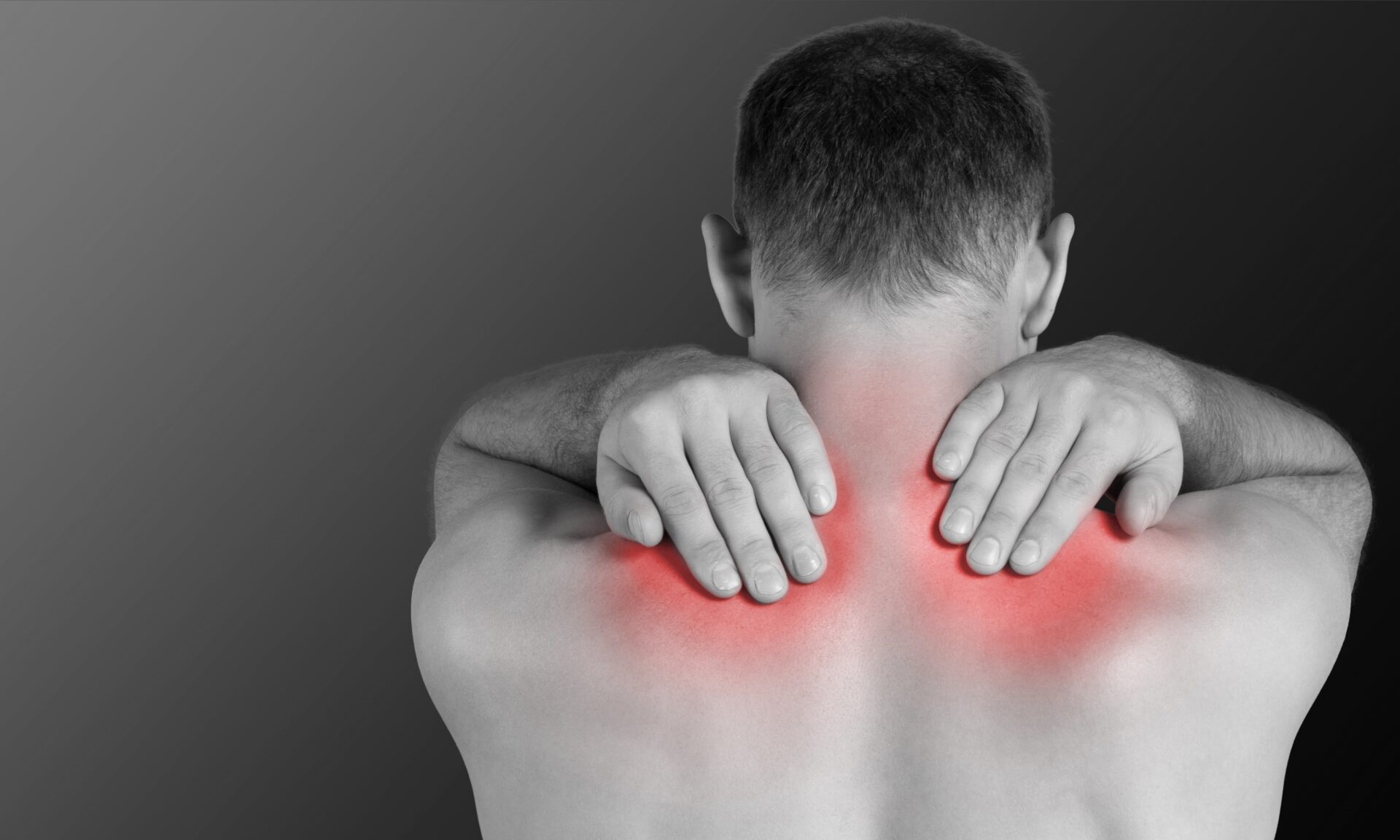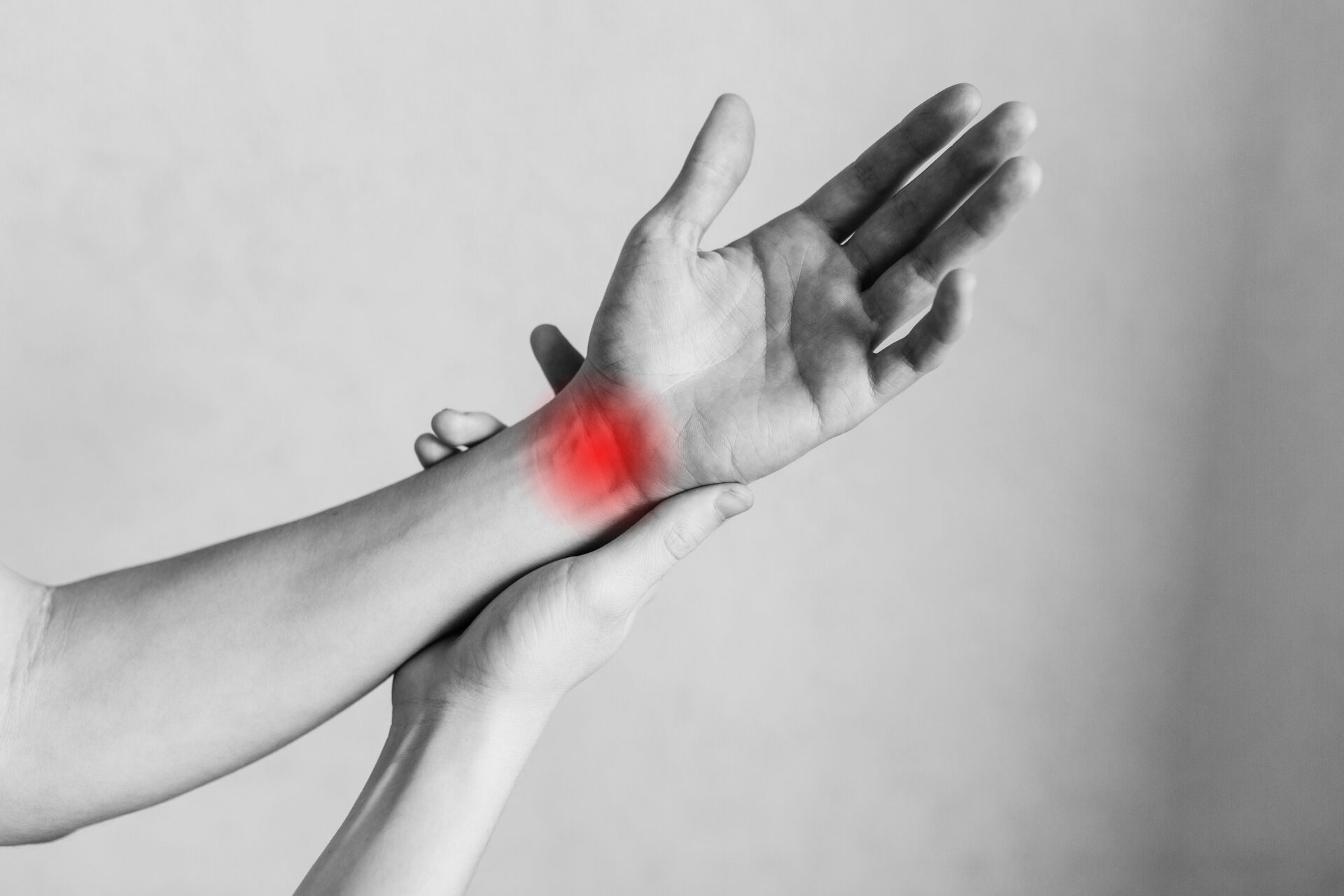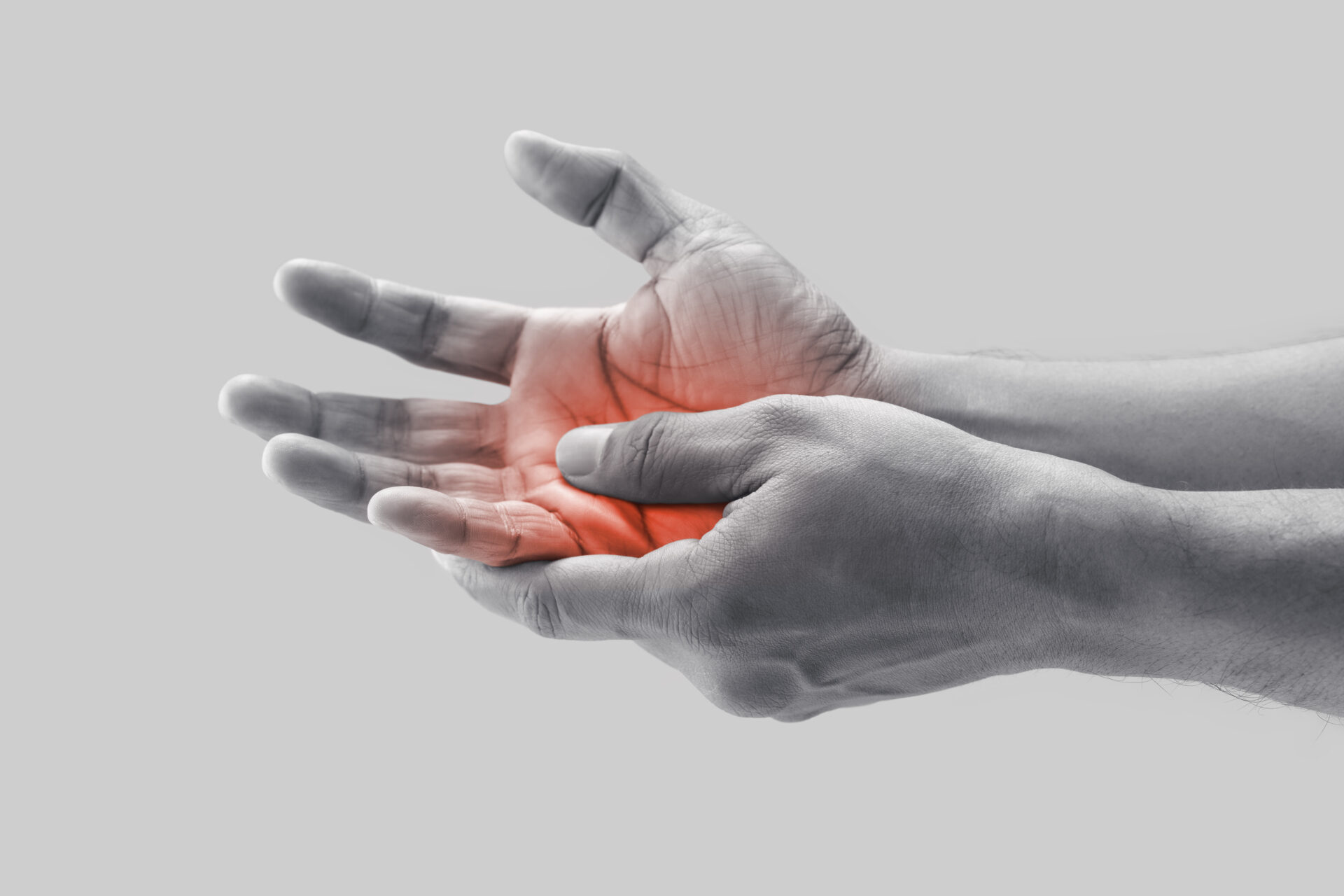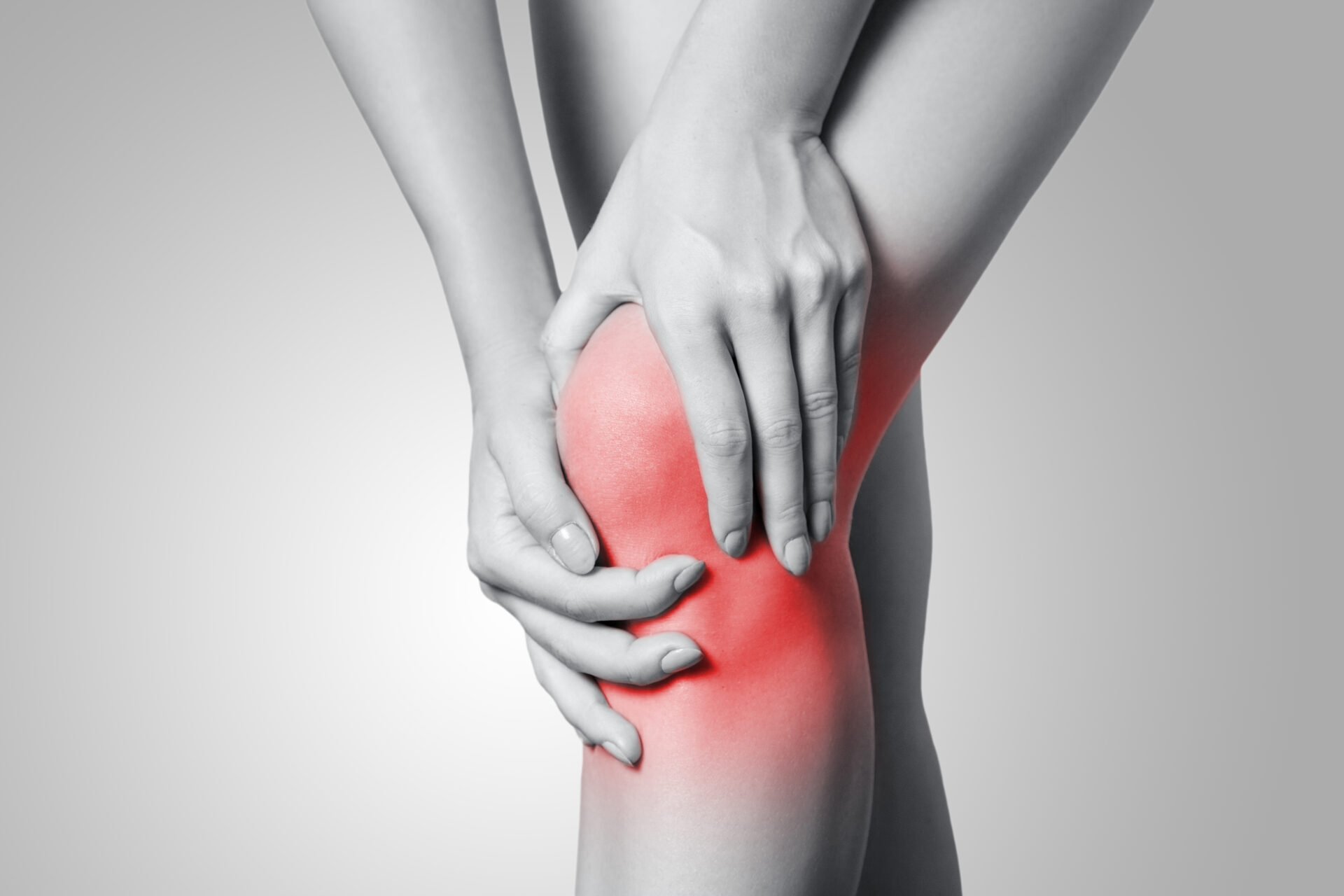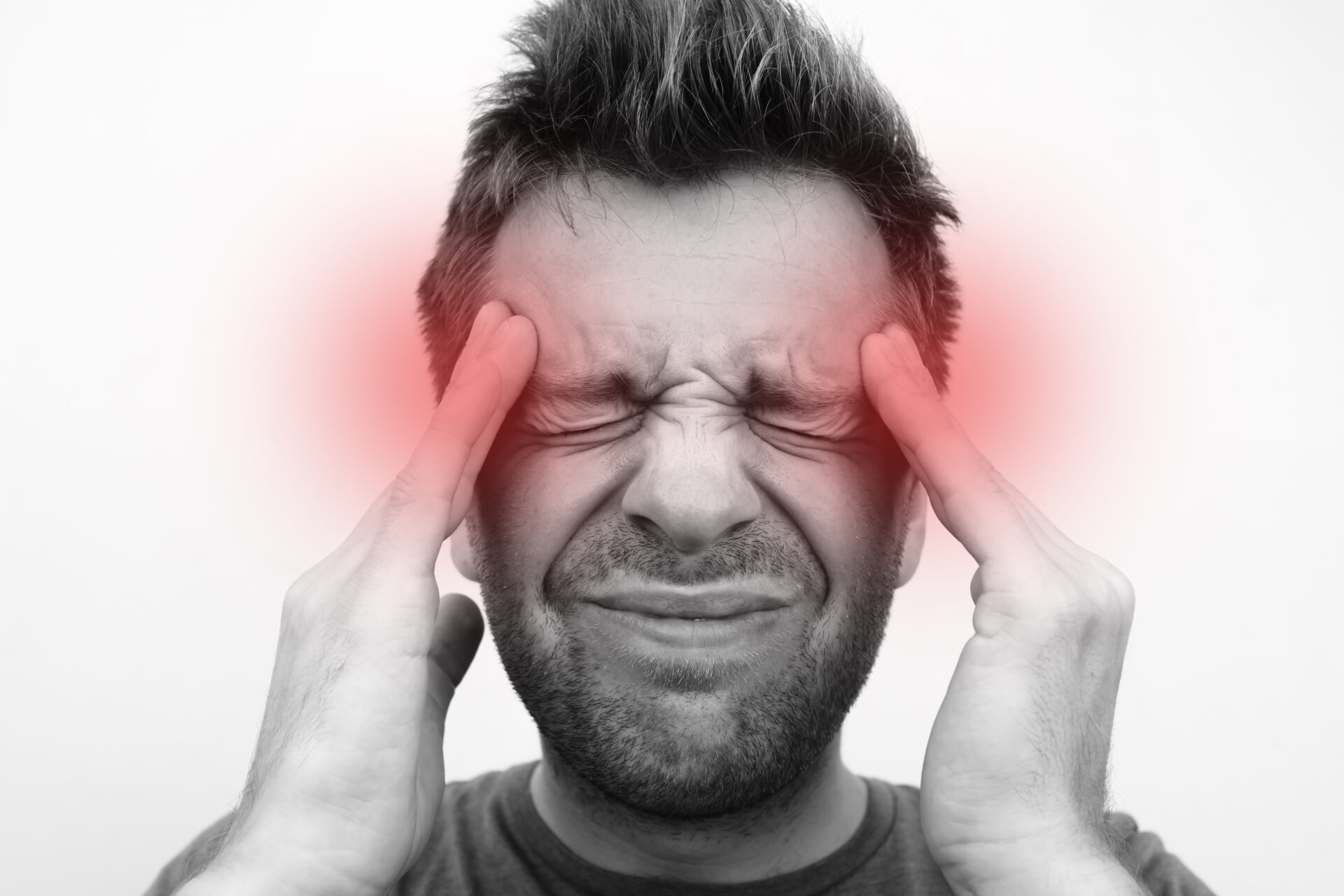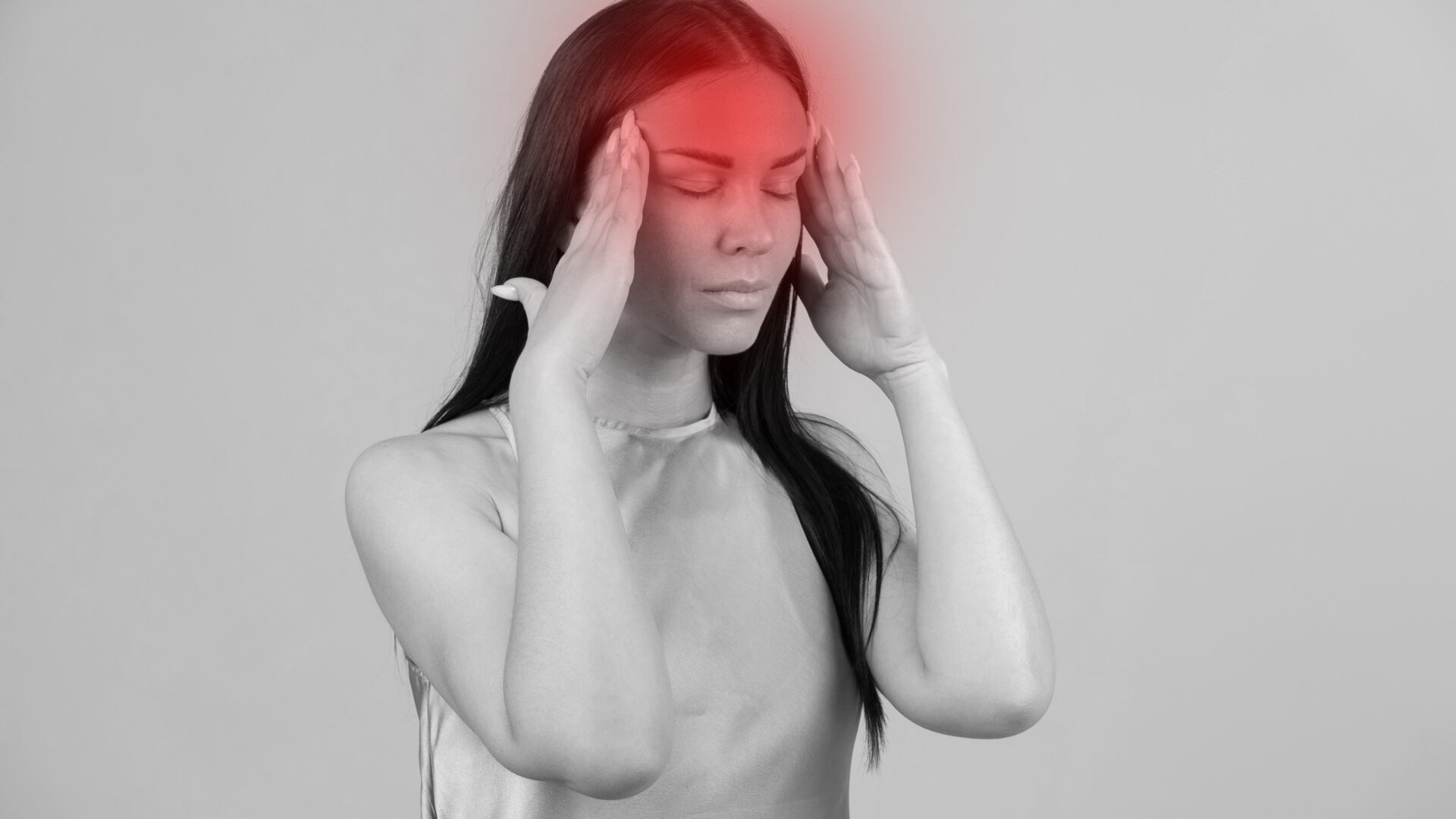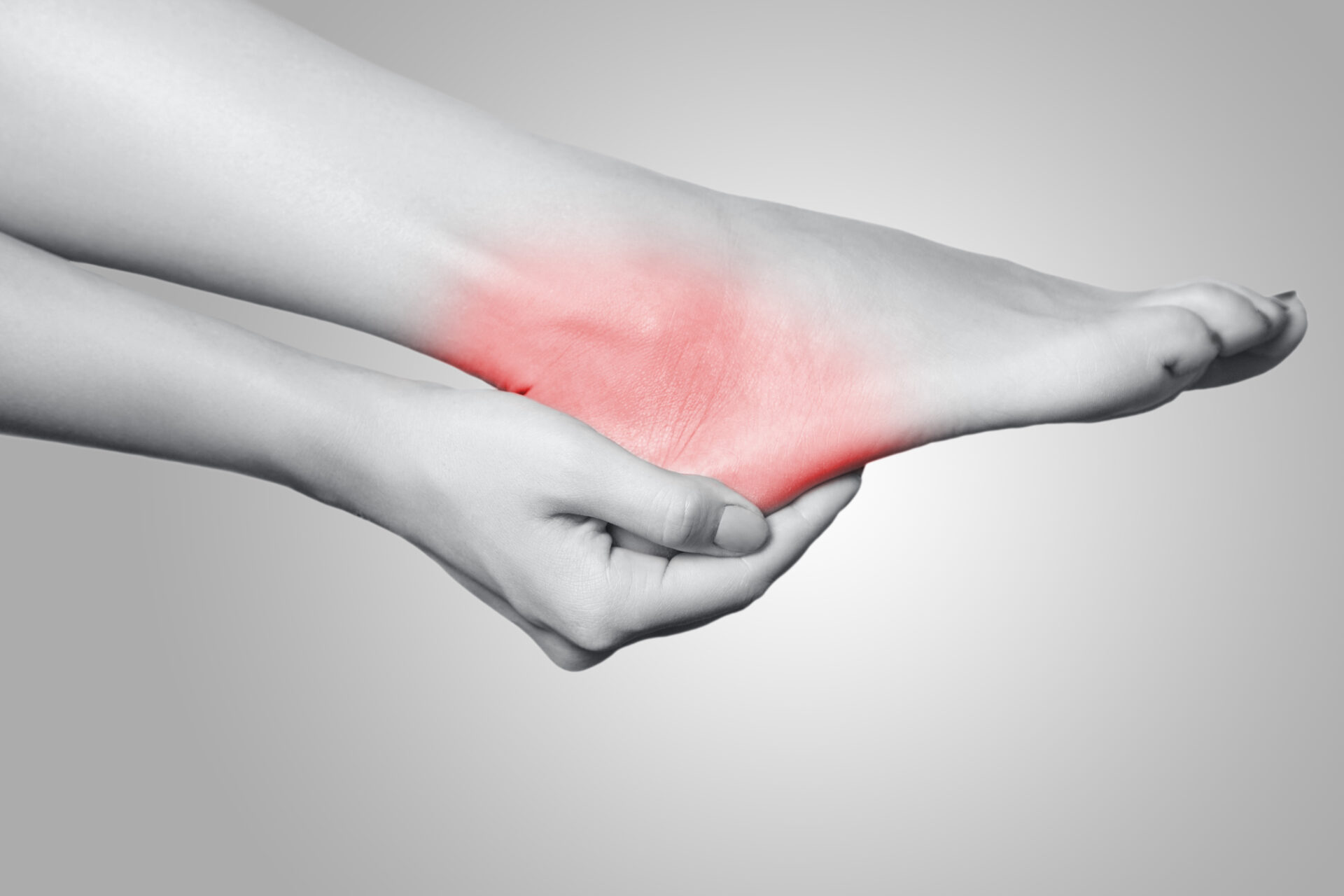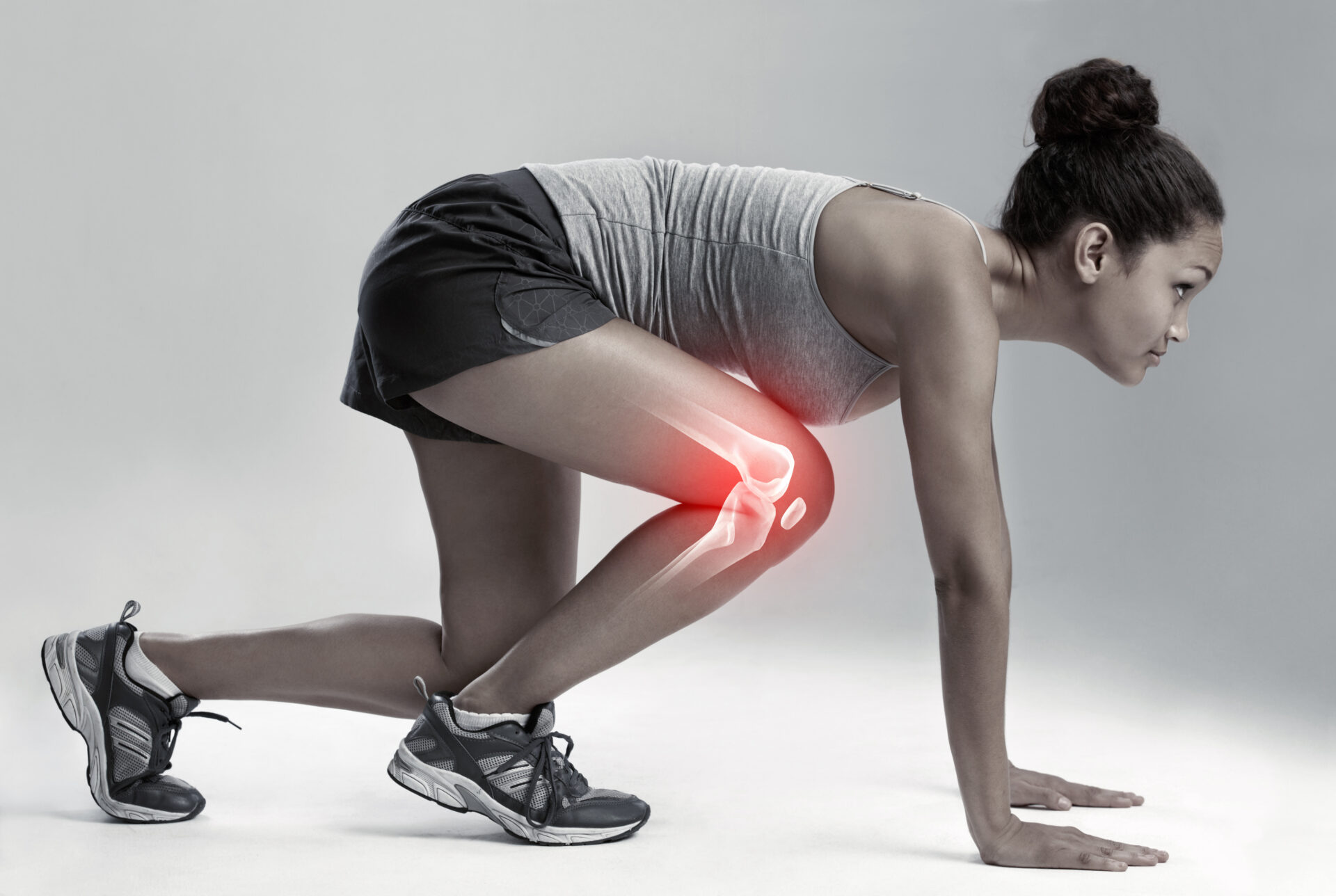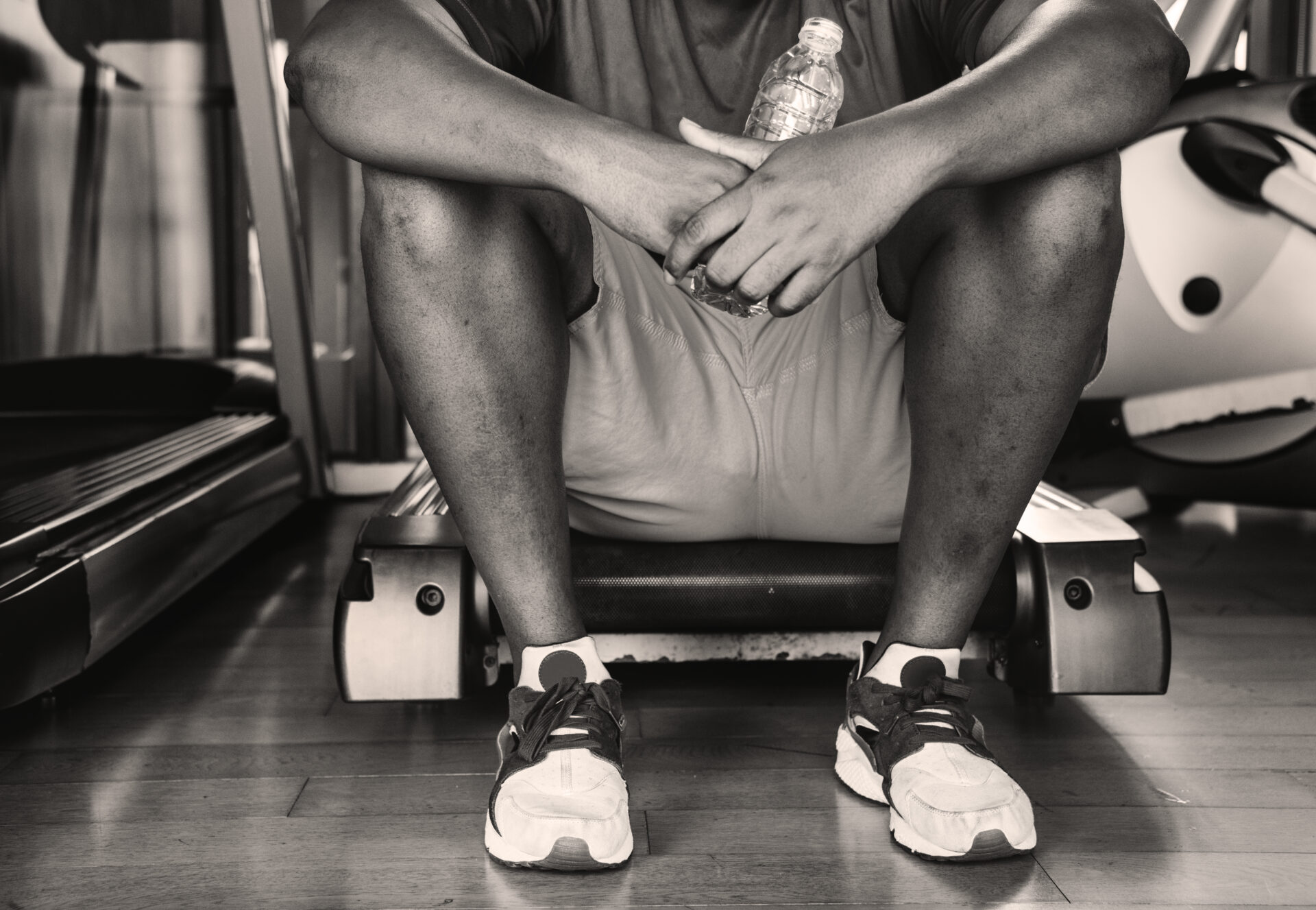Physiotherapy & Rehabilitation Services
-
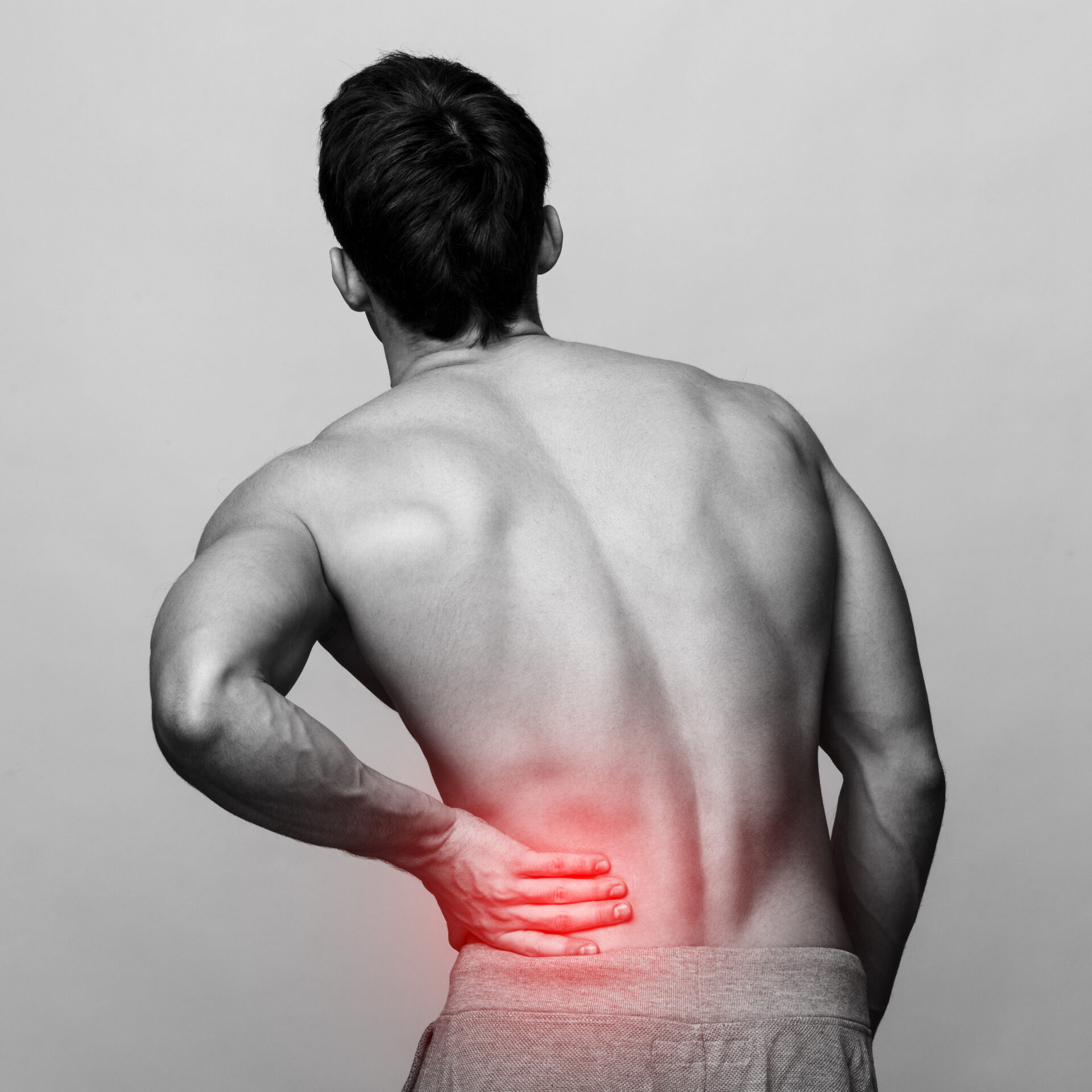
Back pain
Back discomfort is a diverse sensation that spans from a mild muscular ache to a keen, piercing, fiery, or penetrating feeling. Furthermore, this discomfort can extend down the leg or knee. Participating in actions like bending, turning, raising, staying upright, or strolling can exacerbate the ache. Several frequent sources of back discomfort encompass muscle strain or harm, disk impairment, and fundamental health conditions such as scoliosis and osteoporosis.
-

Neck Pain
Neck discomfort is a frequent occurrence, particularly for those who spend prolonged periods at a computer and adopt inadequate posture, such as hunching over a workstation or leaning over a desk. These behaviors can impose stress on the neck muscles. Neck pain may manifest due to an array of factors, encompassing arthritis, disc deterioration, spinal canal constriction, muscle inflammation, strain, or injury. Conditions like osteoarthritis also contribute to neck discomfort. Although you might tend to overlook your neck, engaging in motion exercises prescribed by your physiotherapist can effectively maintain a pain-free neck.
-

Shoulder Pain
The shoulder comprises a complex of multiple joints that collaborate with tendons and muscles, facilitating a diverse array of arm motions – from steering a vehicle and reaching your back to engaging in sports like golf, badminton, or delivering a flawless pitch. Yet, this remarkable flexibility is not without its challenges. It can potentially result in instability or the occurrence of impingement syndrome within the shoulder's soft tissues or bone formations. These issues frequently manifest as pain, unease, or a limitation in the range of motion.
-

Wrist & Hand Pain
Dealing with discomfort in the wrist and elbow can be both exasperating and incapacitating, impeding your daily routines. Yet, the intervention of physiotherapy offers a pathway to alleviation, diminishing pain and restoring mobility, thereby elevating your overall well-being. Through a comprehensive evaluation of your condition, our skilled physiotherapists curate a tailored course of action, which may encompass techniques like manual therapy, deep tissue massage therapy, or even the application of shockwave therapy.
-

Arthritis
Arthritis is a medical condition marked by the presence of swelling, tenderness, or inflammation within one or multiple joints. Consequently, this leads to discomfort, limitations in movement, and a sensation of stiffness. While this ailment can impact any joint within the body, it frequently manifests in areas such as the knee joints, wrists, fingers, and feet. Arthritis has the potential to induce substantial and persistent pain while constraining mobility, ultimately resulting in a decline in overall life quality. A concerning matter, it affects 1 in 5 Canadians as a constant reality. Though arthritis lacks a definitive cure, physiotherapy interventions offer the means to both prevent and effectively manage the condition.
-

Osteoarthritis
The knee joint stands as the body's most substantial and resilient joint. Discomfort in the knee may arise from injuries such as ligament tears or cartilage damage. Additionally, specific medical conditions like arthritis, gout, and infections can contribute to knee pain. Notably, osteoarthritis leads to the gradual thinning of the cartilage within the knee joint, prompting roughened joint surfaces. This transformation hampers the smoothness of knee movement, introducing friction into every motion, which in turn, can generate sensations of pain and stiffness.
-

Migrane
Regular occurrences of headaches can have a considerable impact on an individual's everyday activities. Within our facility, our proficient physiotherapists will carefully assess the potential origins of your headache discomfort. Following the identification of the underlying factors, our physiotherapists will embark on creating a tailored treatment regimen for migraine-specific physiotherapy. This plan aims to alleviate symptoms while directly tackling the underlying causes of the distress. Our adept physiotherapists have effectively managed migraine conditions by offering targeted at-home exercises to complement the treatment process.
-

Vertigo & Dizziness
Dizziness encompasses a range of sensations like light-headedness, unsteadiness, weakness, and lack of balance. Vertigo, a form of dizziness, involves a false perception of spinning or movement of oneself or the environment. Dizziness may be accompanied by nausea, sometimes requiring sitting or lying down. These episodes can vary in duration, lasting from seconds to days and potentially recurring. Vertigo imparts an unbalanced sensation, creating a feeling of spinning in oneself or the surrounding environment.
-

ankle Pain
Frequent foot or ankle discomfort is typically a transient issue triggered by injuries to soft tissues, such as strains or sprains. You might encounter unease in the front of your foot (metatarsalgia) or your heel area. Heel concerns commonly stem from excessive use of calf muscles, wearing high-heeled footwear, or participating in repetitive heel-striking activities like running. After a comprehensive evaluation, physiotherapists might suggest personalized orthotic solutions or utilize ice cold therapy to alleviate and manage ankle and foot discomfort.
-

Sports injury
Although exercise offers advantages, it can also lead to injuries during sports and physical activities. Contributing factors may involve accidents, improper training techniques, and unsuitable gear. Those who lack physical fitness are particularly susceptible to injury. Neglecting proper warm-up or stretching routines can also heighten the risk of harm. Common sports injuries encompass sprains, strains, tennis elbow, knee injuries, muscle swelling, Achilles tendon issues, shinbone discomfort, rotator cuff injuries, fractures, and dislocations.
-

Gait Disorder
Difficulties in maintaining stability while standing and walking may arise from problems related to gait and balance. In addition, individuals might encounter sensations of vertigo, dizziness, and motion sickness, depending on the root cause. Primary factors affecting adults encompass musculoskeletal injuries, arthritis, and issues with vision or the inner ear. Due to the intricate nature of gait and balance disorders, a thorough assessment by a skilled physiotherapist is essential to pinpoint the various factors at play and formulate precise interventions.

